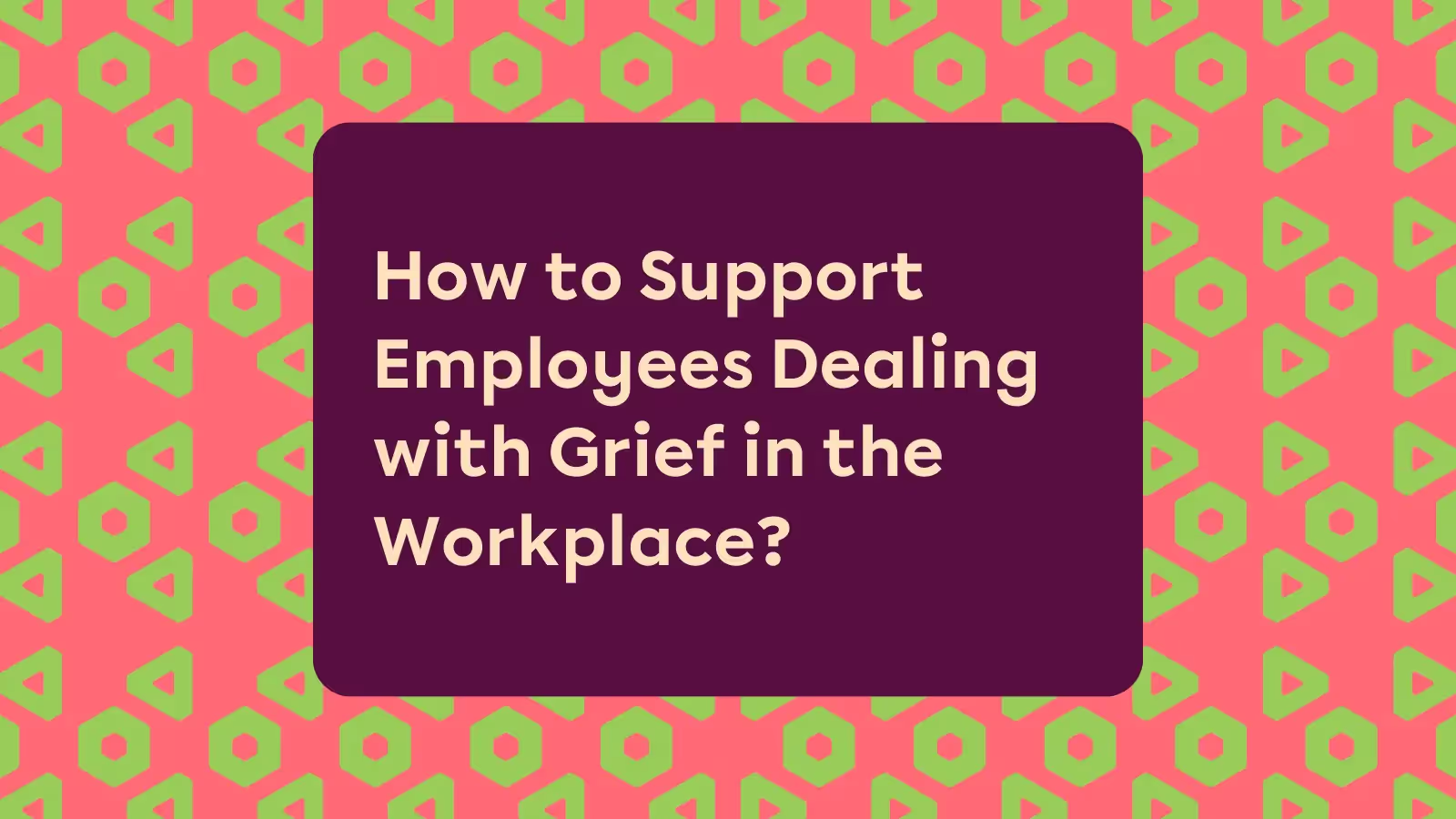Workplace conflict can be a significant issue for any organization. It can lead to reduced productivity, decreased job satisfaction, and increased turnover rates. While it's not possible to prevent all conflicts, it is essential to have strategies in place to resolve them effectively. In this article, we will explore the common causes of workplace conflict, the impact of unresolved conflicts, and tips and techniques for resolving conflicts in the workplace.
Common Causes of Workplace Conflict
Conflict in the workplace can arise from many different sources, and it's essential to understand these sources to address the underlying issues effectively. Here are some common causes of workplace conflict:
Personality Clashes
Personality clashes occur when two or more individuals have different personalities or working styles that don't mesh well. This can lead to misunderstandings, tension, and conflict. For example, one employee may prefer to work independently, while another may prefer to work collaboratively, leading to disagreements on how a project should be completed.
Differences in Work Styles
Differences in work styles can also lead to a need to resolve conflict in the workplace. For example, one employee may prefer to work in a structured, organized environment, while another may thrive in a more flexible, creative environment. These differences can lead to disagreements on how tasks should be completed and can result in tension and conflict.
Communication Breakdowns
Communication breakdowns can occur when employees have different communication styles or when there is a lack of clarity in communication. For example, an employee may assume that a task is due at a certain time, while another employee may assume that it's due at a different time. This can lead to missed deadlines and tension.
Unclear Expectations
Unclear expectations can lead to conflict when employees are unsure of what is expected of them. For example, if an employee is given a project but isn't given clear instructions on how to complete it, they may become frustrated and overwhelmed. This can lead to tension between employees and their managers or colleagues, which will result in HR teams wondering how to resolve a conflict in the workplace.
Competing Priorities
Competing priorities can arise when different departments or individuals have conflicting goals or interests. This can result in tension and conflict when resources are limited, and decisions must be made about how to allocate them.
Understanding the common causes of workplace conflict is essential to addressing these issues effectively. By identifying the root cause of the conflict, employees and managers can work together to find a solution that addresses the underlying problem, rather than just the symptoms. Encouraging open communication, respecting different personalities and working styles, and setting clear expectations can all help prevent workplace conflict and create a positive work environment.
Impact of Unresolved Conflict in The Workplace
The consequences of unresolved conflicts in the workplace can be significant. These consequences can include:
Reduced productivity
When employees are focused on resolving conflicts, they may not be as productive as they would be otherwise. This can result in missed deadlines and incomplete projects.
Increased stress and anxiety
Conflict can be stressful for everyone involved. When conflicts are not resolved, stress levels can rise, leading to anxiety and a negative work environment.
Decreased job satisfaction
Employees who are unhappy with their work environment are less likely to be satisfied with their job, which can lead to higher turnover rates.
Damage to company culture and reputation
If conflicts are not resolved, it can create a negative company culture and impact the organization's reputation.
To learn more about how to resolve conflict in the workplace, read on.
Tips and Techniques to Resolve Conflict in the Workplace
Resolving workplace conflict is not always easy, but there are strategies that can be effective. Here are some tips and techniques for resolving workplace conflict:
Active Listening
Active listening is essential when resolving a conflict in the workplace. When employees feel heard and understood, they are more likely to be open to finding a solution. Encourage employees to actively listen to each other and try to understand the other person's perspective.
Effective Communication
Effective communication is key to resolving conflicts. Encourage employees to communicate clearly and respectfully. Avoid using accusatory language and focus on finding a solution.
Identify the Root Cause
To effectively resolve workplace conflicts, it's essential to identify the root cause of the issue. This can help ensure that the solution addresses the underlying problem, rather than just the symptoms.
Encourage Compromise and Finding Common Ground
Encourage employees to find common ground and look for ways to compromise. This can help find a solution that works for everyone.
Develop Conflict Resolution Skills
Encourage employees to develop their conflict resolution skills. This can be done through training, workshops, or online courses. By developing these skills, employees can be better equipped to handle conflicts when they arise.
Seek Outside Help
Sometimes, conflicts can be challenging to resolve without outside help. Encourage employees to seek help from HR, a mediator, or another professional if necessary.
Wrapping up | A note on how to resolve conflict in the workplace
Workplace conflicts can be challenging, but they can also provide an opportunity for growth and positive change. By addressing conflicts effectively, organizations can create a positive work environment and increase employee satisfaction and productivity. Active listening, effective communication, identifying the root cause, encouraging compromise, developing conflict resolution skills, and seeking outside help are all strategies that can be effective in resolving workplace conflicts. By implementing these techniques, organizations can create a culture of respect, collaboration, and productivity.
.avif)










.avif)














